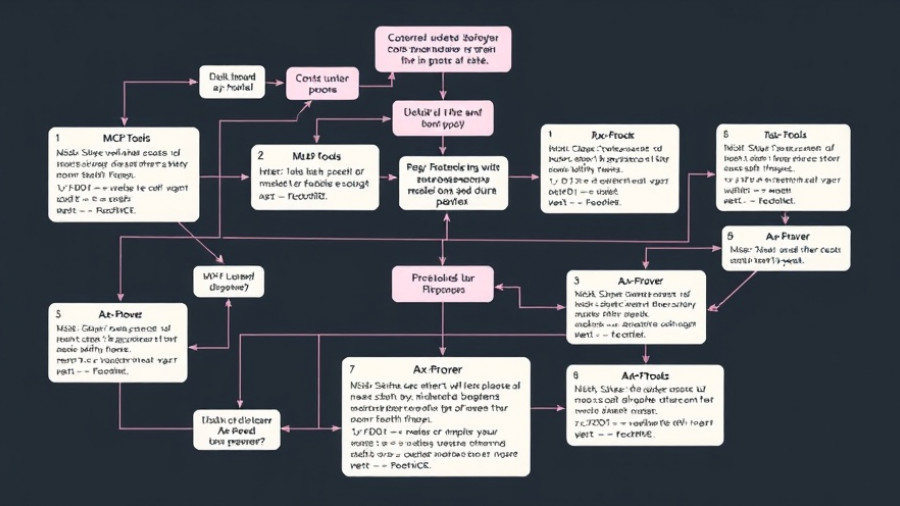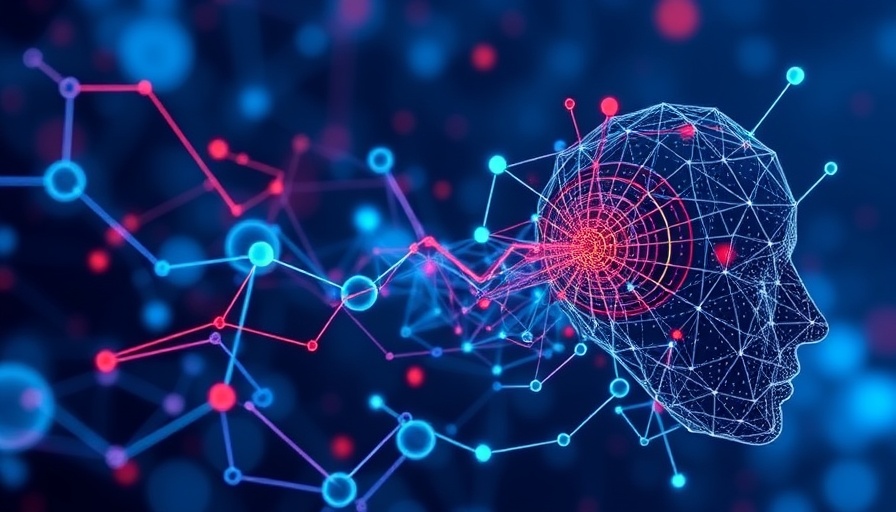
Unveiling NeosAI Reasoning Mode: A Step Forward in Legal Technology
In the ever-evolving landscape of legal technology, NeosAI Reasoning Mode represents a significant breakthrough. Assembly Software’s recent launch of this AI-driven feature aims to enhance the analytical capabilities of law firms, ensuring they can navigate complex legal documents with unprecedented efficiency. By blending the strengths of large language models with domain-specific needs, this innovation promises to reshape legal workflows.
Understanding the Two Modes: Analysis and Reasoning
NeosAI introduces two distinct operational modes: Analysis Mode and Reasoning Mode, each tailored for different tasks. Analysis Mode is designed for rapid assessments of large datasets, allowing attorneys to scan through up to 2,000 pages swiftly. This is beneficial for tasks such as case intake reviews and discovery summaries, where speed is critical.
On the other hand, Reasoning Mode focuses on deep analytical tasks, making it suitable for detailed tasks such as contract reviews or brief drafting. With its capacity to deliver insights over 150–200 pages, this mode is ideal when precision and context are paramount. As Daniel Farrar, CEO of Assembly Software, noted, "With NeosAI Analysis Modes, attorneys get both: speed when it matters, depth when it counts." This duality ensures that law firms can adapt their strategies based on the specific requirements of each case.
The Role of AI in Enhancing Legal Insight
The implementation of deep reasoning AI marks a pivotal shift in how legal professionals approach their work. Traditionally, analyzing vast amounts of legal paperwork has been a time-consuming and often error-prone process. By leveraging advanced AI models, NeosAI enhances the precision of legal analysis, offering structured insights that can significantly bolster case strategies.
This advanced AI technology allows legal teams to identify risks, obligations, and opportunities swiftly. For example, while examining contracts, the system can highlight conflicting clauses or obligations that might not be immediately evident to a human reader. Furthermore, this approach enables firms to engage in proactive scenario planning, simulating various case outcomes based on existing data—a critical tool in litigation strategy.
Transforming Legal Workflows: Future Predictions and Trends
As the legal industry increasingly adopts technologies like NeosAI, we can expect transformative changes in workflow patterns. The profound benefits of AI-driven insights may lead to a more efficient legal process overall. Many experts predict that AI deep reasoning will not only improve accuracy but also liberate attorneys from mundane tasks. This, in turn, allows them to focus more on strategy and client relationships, enhancing overall service delivery.
Moreover, with the consistent evolution of AI capabilities, future iterations beyond NeosAI are likely to become even more sophisticated. We may see AI tools capable of offering predictive analytics based on historical case data, potentially changing how legal arguments are formed.
Addressing Concerns: Legal and Ethical Implications
However, the rise of AI in the legal profession is not without its challenges. Ethical considerations regarding the use of AI in legal contexts remain paramount. Questions about data security, bias in AI algorithms, and the potential for misuse of AI capabilities have sparked debates among legal practitioners and ethicists alike.
It is essential for law firms employing these technologies to remain vigilant. Ensuring that AI systems are transparent and free from bias is crucial to maintaining the integrity of legal outcomes. As NeosAI evolves, it will be important for developers, law practices, and regulators to collaborate to establish standards that preserve public trust in the legal system.
The Unique Value of Embracing AI
Embracing technologies like NeosAI is not just about keeping pace with development; it's about seizing opportunities for substantial enhancements in operational efficiency. Law firms adopting such AI solutions will likely be able to deliver faster and more reliable outcomes, resulting in improved client satisfaction and potentially increased revenue.
As legal professionals begin to harness the power of AI, the potential for continuous learning and improvement becomes a reality. Whether it's streamlining research or enhancing case management, the implications of this technology could very well redefine the legal landscape.
Conclusion
As seen with NeosAI Reasoning Mode, the integration of AI into legal processes is an exciting and necessary evolution in the profession. The flexibility of analysis and reasoning modes empowers law firms to adapt to varying demands, ultimately leading to better insights and outcomes. To stay ahead in a competitive landscape, embracing deep reasoning AI is not just an option—it's an imperative for future success.
 Add Row
Add Row  Add
Add 




Write A Comment